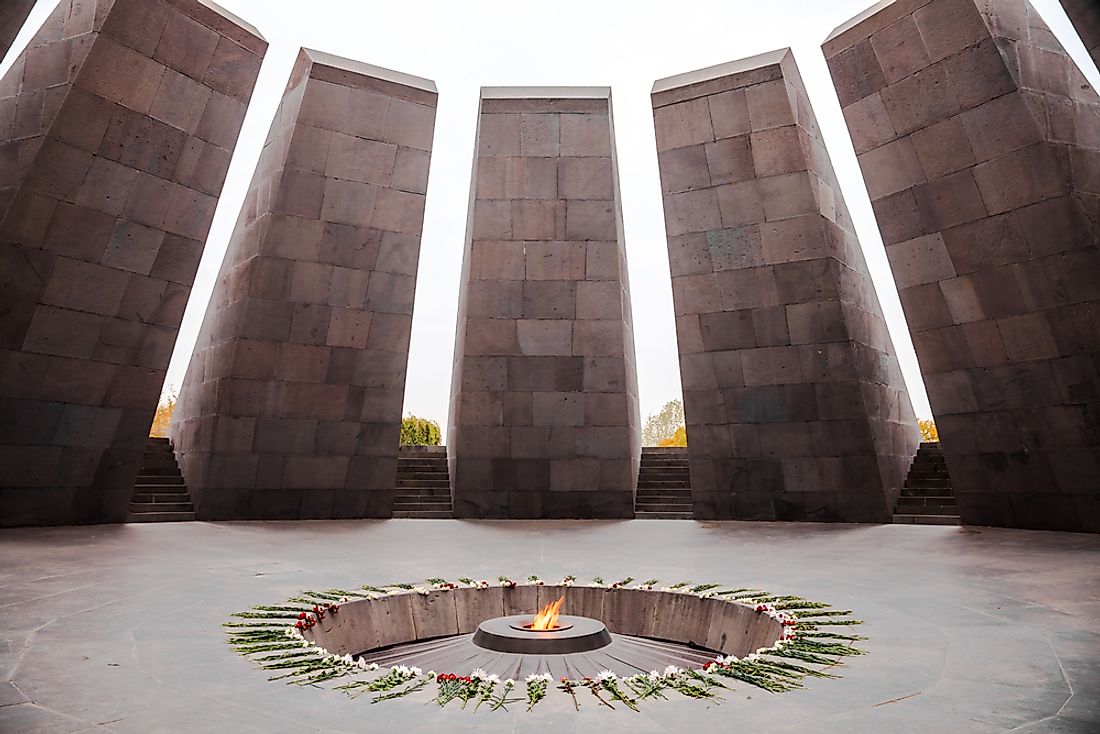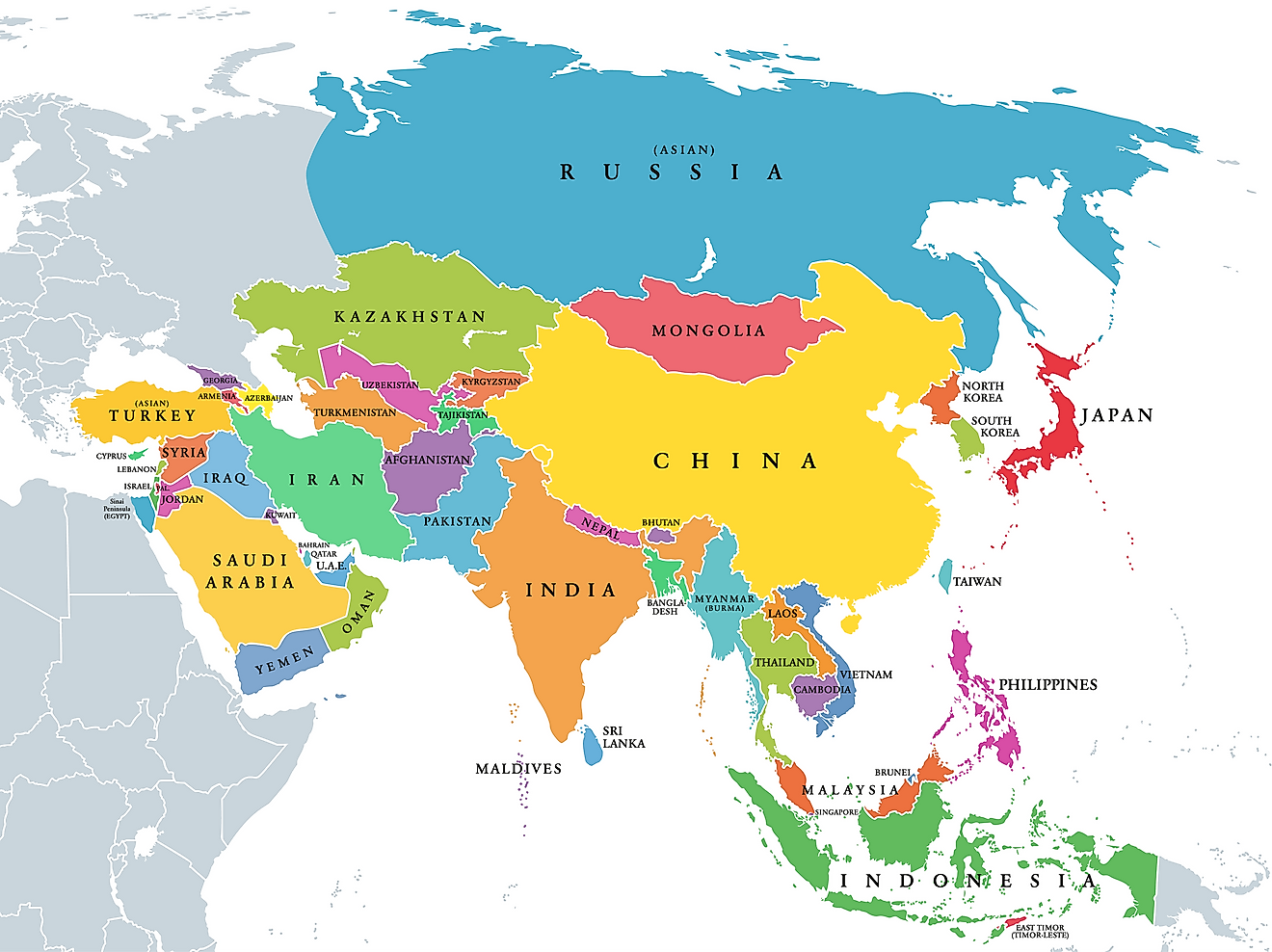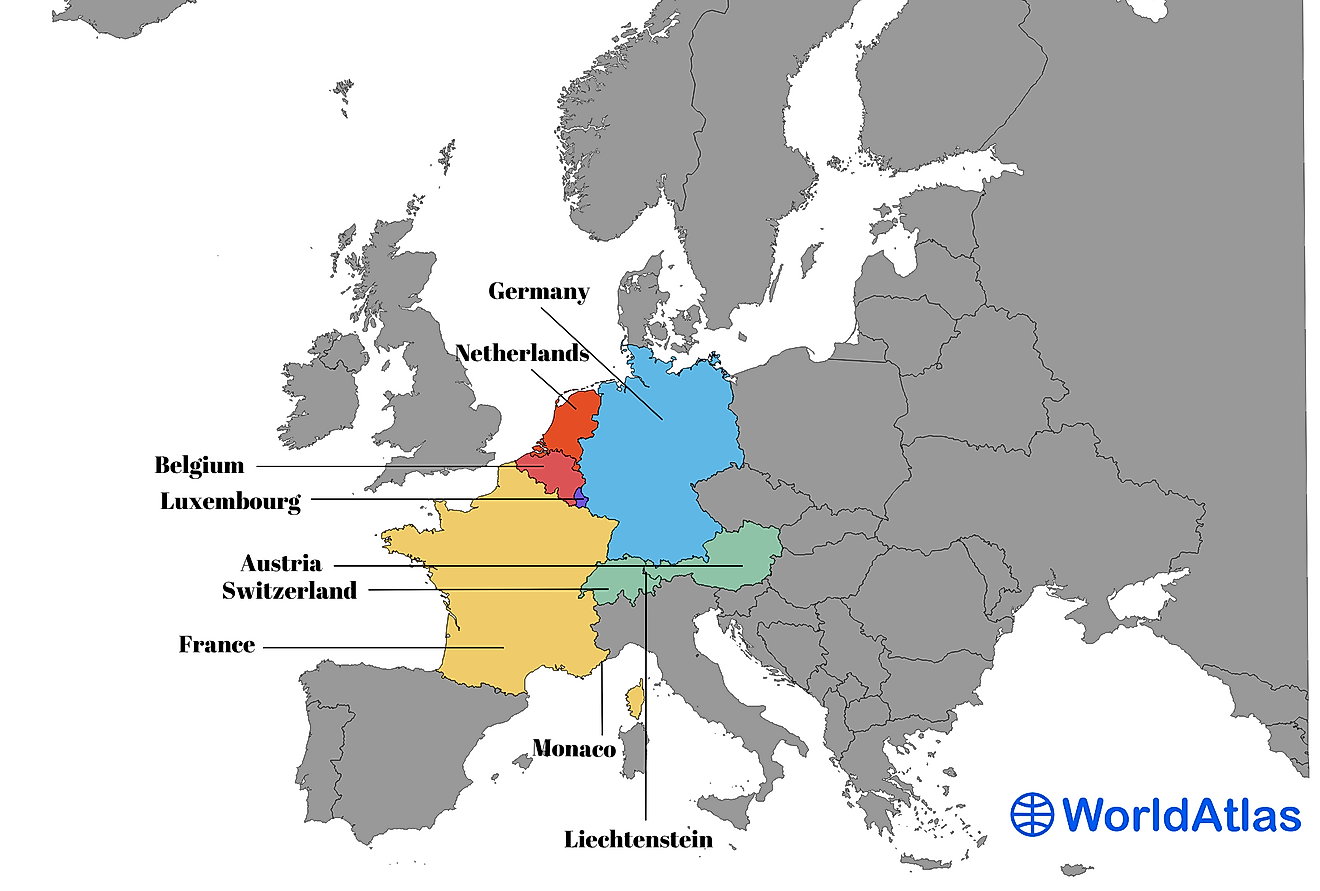What Was the Armenian Genocide?

The Armenian Genocide was the systemic killing of over 1.5 million Armenians living in the Ottoman Empire. The Armenian Genocide started on April 24, 1915, when the Ottoman government rounded up between 235 to 270 Armenian community leaders and intellectuals from Ankara to Constantinople and deported them. Eventually, some were murdered. The Armenian Holocaust was done in two phases: the murder of all able-bodied men and the deportation of the women, children, and the elderly.
Western Armenia Under Ottoman Rule
Western Armenia was permanently separated from Eastern Armenia by the Zuhab Treaty of 1639, and it became the Ottoman Armenia. The Western Armenians were Christians, and they lived in small communities that were concentrated in the Western and the Eastern provinces of the Ottoman Empire and also in Constantinople. The Christians were never considered to be equal to the Muslims, and numerous prohibitions such as riding atop camels and carrying weapons were placed on the Armenians.
The major European powers began to question how the government was treating the minorities in the mid-nineteenth century, and they pressured them to give equal rights to all its citizens. The government responded by instituting numerous reforms which were never implemented. Sultan Abdul Hamid II established a paramilitary outfit called Hamidiye in 1890. The task force was told to deal with the Christians as they wished. After too many complaints, Abdul was forced to sign a treaty meant to restrict the power of the task force, but it was never implemented. Soon massacres of the Christians began in Constantinople and then spread to other Armenian provinces.
The Cause of the Armenian Genocide
During the First World War, the Ottoman government asked the Armenians to help them take over the Transcaucasia by inciting a rebellion between the Russian Armenians and the Russian Army. The Minister of War, Enver Pasha, implemented his plan to retake the territory which they lost after the Russo-Turkish War, but they were defeated. Pasha blamed the defeat on the Armenians and claimed that they sided with the Russians. Soon after their defeat, all the Armenians serving in the military were removed from their positions and assigned to the unarmed battalion.
The Genocide was also incited by the refusal of the Armenians in the city of Van to give 4,000 soldiers to Jevdet Bey. The Christians believed that Bey’s goal was to massacre their able-bodied men; therefore they gave his 500 men and money, but he accused them of being rebellious. On April 20, 1915, the siege of Van started after two Armenians were killed while trying to rescue a woman who was being harassed.
Arrest and Deportation of the Armenians
The Ottoman authorities started a propaganda drive which presented all Armenians as a threat to the security of the empire in 1914. The government imprisoned 250 Armenian community leaders and intellectuals of Constantinople in April 1915. After the Tehcir law was passed on May 29, 1915, some Armenian leaders were deported while others were assassinated. With the implementation of the law, the Muslims confiscated all the Armenian properties and killed them. The government deliberately withheld supplies when they were marching the Armenians to Deir Ez-Zor and the neighboring desert resulting in the death of thousands of Armenians.
Armenian Genocide Quick Facts
- 1.5 million lives were lost in the genocide.
- The genocide was held in two parts: first, the massacre of able-bodied men, followed by the massacre of women and children.
- The target of the genocide were mostly Armenians, but other minorites such as the Assyrians and Greeks were also targeted.
- The Armenian Genocide was so brutal that it inspired historians to coin the word "genocide".
- It is one of the worst recorded genocides of all time.











